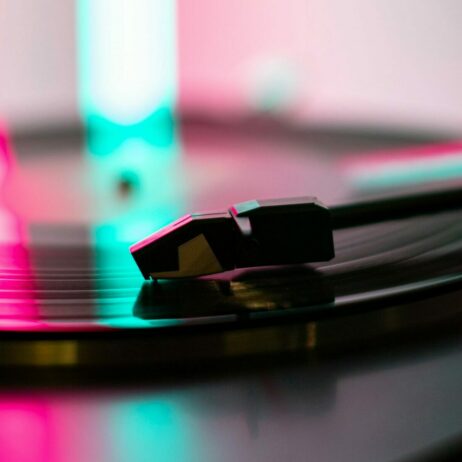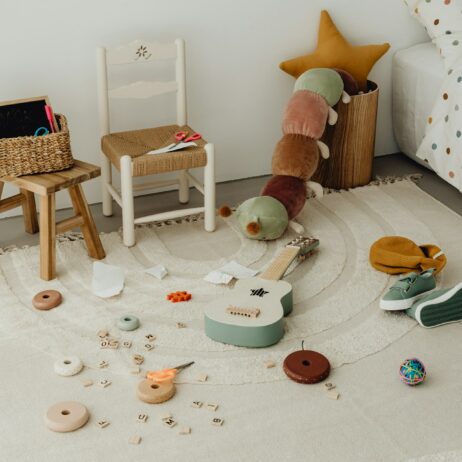The share of indie releases in British music consumption continues to grow

Independently released songs and albums accounted for almost a third of all music consumption in the UK last year, the British record companies’ trade body BPI reports in its latest annual review.
In 2023, consumers streamed or bought more than 53 million independently released albums, accounting for 29.2% of all music consumption in the UK. This is 12% higher than in 2022 and almost 30% higher than in 2017, when indie albums accounted for just over a fifth of music consumption.
The growth of the indie sector has been fuelled by the rise in popularity of physical formats: 39% of vinyl and 33% of CDs sold were released by artists signed to or distributed by independent labels.
Pop accounted for almost a quarter of UK vinyl sales, up from 19.6% the previous year. Hip-hop also increased its share of the vinyl market to 5.3%. However, rock remains the most popular genre for vinyl buyers, with 55% of the market.
Nearly 400 indie singles and albums went platinum, gold or silver in the UK in 2023, with Arlo Parks, Kylie Minogue, Enter Shikari, The Prodigy, rappers Dave and AJ Tracey and singer-songwriter Raye, whose single Escapism was one of the UK’s biggest hits last year, among the best-selling artists.
As the above names suggest, an independent release in this context means any album or track that is not listed in the Official Charts Company database under the names of the three major labels (Universal, Sony, Warner). The classification also includes some “indie albums” distributed by the majors. For example, Raye’s My 21st Century Blues is distributed by Human Re Sources, an independent distributor owned by Sony.
In Finland, the market share of independent record companies was 6% last year, according to a report by IFPI Finland ry. Of the indie labels that are members of IFPI, Playground Music was the largest with 3.8%, and PME Records the second largest with 1.9%.
The market share figures include the distribution of music by indie labels through multinational companies. Indie labels would thus account for around 26% of total domestic music consumption in 2023. This is 1% less than in 2022.




